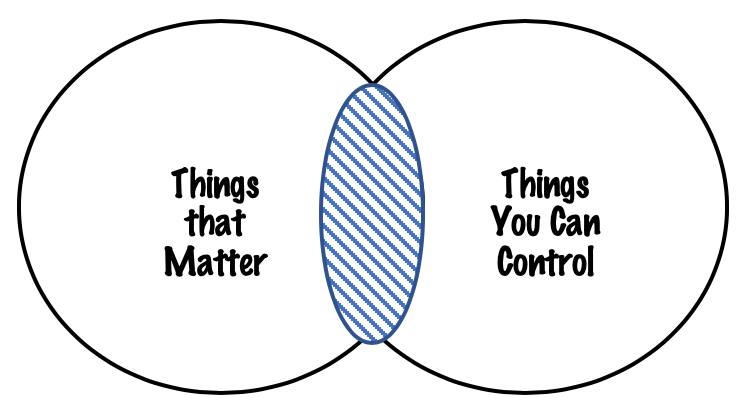For years now, I have been equating leadership with managing in a VUCA world.
While the acronym VUCA has origins in Warren Bennis and Burt Nanus’ 1985 book titled Leaders – The Strategies for Taking Charge, the first use of the acronym occurred a couple of years later in Army War College documents. As you likely know, VUCA refers to navigating a world replete with:
Volatility
Uncertainty
Complexity, and
Ambiguity
In continuation of my series on leading transformational human experiences in uncertain times, I’ve been struck by how well VUCA describes the challenges that leaders face in the context of the coronavirus.
During my work on training development at Mercedes-Benz, the company established a cadence of leadership training modules that focused on managing volatility, uncertainty, complexity, and ambiguity by first leading oneself, then leading teams, and finally leading the organization.
I will limit this blog to leading oneself in VUCA times since it is difficult to lead others unless you are centered and focused. While there are many resources for self-leadership, I’m a fan of the compilation work done by McKinsey’s management consultant Kayvan Kian. Kayvan specializes in the development of emerging leaders and has written a book titled What is Water? How Young Leaders Can Thrive in an Uncertain Time.
In that book, Kayvan pulls together elements of cognitive psychology involving locus of control and perceptions of purpose. Some of the key insights he shares include:
Lead in areas that represent the intersection of control (or high influence) and importance.

All too often, leaders practice futility by trying to impact low priority items or issues far outside of their scope of influence.
Track positives as a counterbalance to negatives.
In keeping with my past posts on topics like gratitude journals, leaders should balance their attention to strengths as well as challenges. Specifically, Kayvan encourages us to gain perspective by determining the degree to which issues we seek to address are personal vs. impersonal, general vs. specific, and permanent vs. temporary.
Focus on your why as it will help you endure virtually any what.
By knowing and pursuing your purpose and building your legacy, you’ll maximize your leadership impact and anchor yourself to enduring value. In a World Economic Forum post, Kayvan suggests, “Every difficult situation is an opportunity to cultivate courage, kindness, patience, wisdom or another virtue that you would like to exhibit in your life.” This insight ties in well with our Surprisingly Kind campaign which you can learn more about here.
Recognize and reward those who assist you on your purposeful mission.
Succeeding in the face of uncertainty can’t be done alone. Remember to say thank you and acknowledge those who help you make progress amidst the volatility.
It’s my hope that you will effectively face the VUCA nature of coronavirus by:
- looking for the positives beyond the negatives,
- focusing on your why,
- rewarding those who help you & your organization make progress amidst uncertainty, and
- maximizing your impact on areas of importance that you can substantially influence.
If my team or I can assist you during that journey, please reach out to me here and I will find a time to talk.


